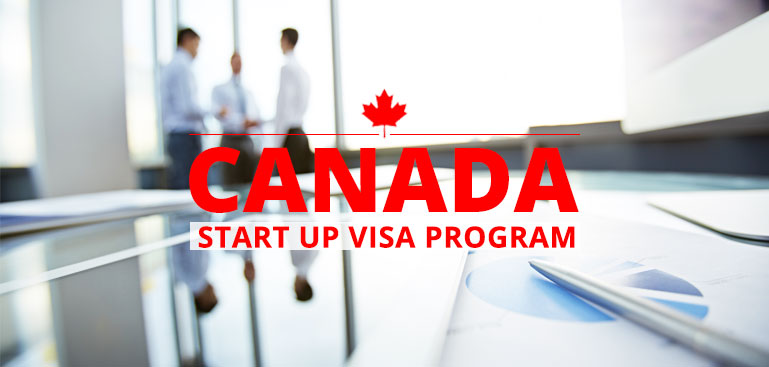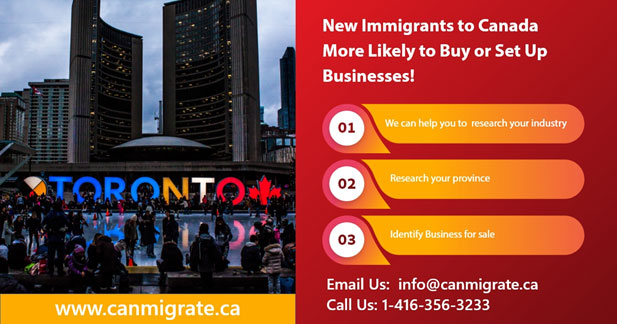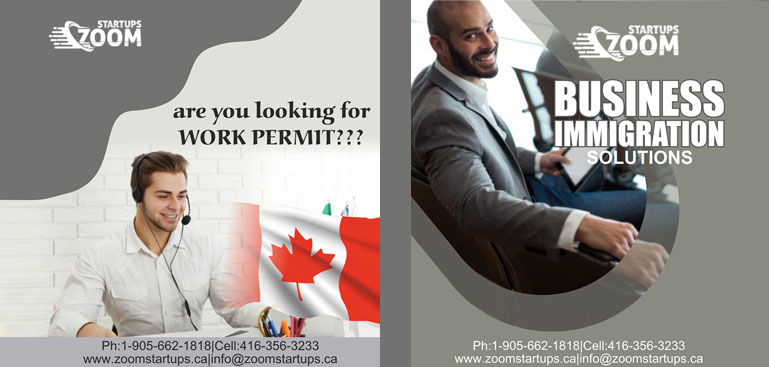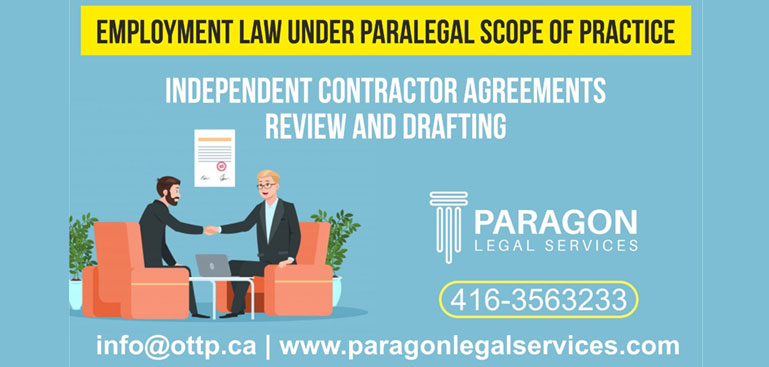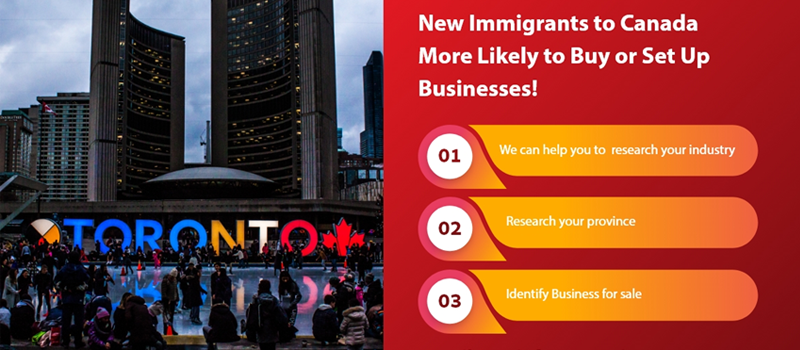
SET UP A SMALL BUSINESS IN CANADA
A simple guide to making your dream of
becoming an entrepreneur a reality in Canada
Published by Zoom Start-Ups on 23 September, 2021.
A successful business
starts with a good idea. Know your skills, watch current trends, and look for
ways to improve upon existing concepts or contribute something unique to the
market. Test your idea on friends and family before you invest heavily into it.
You should have a
complete business plan to guide you. Even a put together a quick-start plan
that will show you whether your business idea is viable. It will allow you to
examine everything about the industry, products, and market for your business.
It will also give you something to present to investors and lenders—the
ultimate testing ground for your business idea. Let our
qualified consultant help with your business plan and documentation.
Choosing a business
name comes with both legal and marketing considerations. In Canada, the
government places more name restrictions on corporations than on sole
proprietorships, but every business owner will have to consider legal issues
when naming their business. Most businesses will at least have to register
their name with the Canadian government. In terms of marketing, your business
name should communicate what the business does in a way that's visually
interesting, memorable, and positive.
There are only three
basic forms of business ownership that you can choose from for a business
structure: the sole proprietorship, the partnership, and the corporation. There
are a few options within those, such as a cooperative corporation or the
limited partnership, but they all fall under these three authorities. Deciding
which structure is right for your business will depend on several factors, from
your comfort level with liability to the tax deductions you want for your
business. Let Zoom Start-Ups can assist with the
registration of your business.
While not necessary
for all businesses, many new
businesses require business licenses before they can operate legally within
their municipalities. Depending on your business you may also need other licenses and
permits. Industry Canada's BizPaL is a useful tool for getting information on
what permits and licenses are necessary and is available in most provinces and
territories. BizPaL will provide a personalized list of the business documents
you need for all levels of government.
In most cases unless
your new small business gross income stays under $30,000 for four consecutive
quarters, you will have to register
for the goods and services tax (GST) and harmonized sales tax (HST). That
threshold for the small supplier exemption doesn't apply to all businesses,
either. Taxi and limousine services, for instance, always have to register for
GST/HST. Let our certified specialist help with the
registration of your new business.
In the provinces
which have not harmonized their sales taxes with the federal GST you will also
have to register to collect and remit the appropriate provincial tax. If you
are starting a business in Alberta, British Columbia, Manitoba, or
Saskatchewan, you will need to register as a collector of provincial sales tax
(PST). In Quebec, you will need to register for Quebec Sales Tax (QST).
If you keep good
records from the first moment you open your business, things such as accounting
and paying taxes become easier. Keep and
organize all your business receipts. After all the work you've put into
organizing and launching your business, don't forget one of the most important
steps - promote your business. You are a newcomer to Canada and would like to
start your own business. Contact our
experienced professional consultant at Zoom Start-Ups who can help with all the requirements
of getting your business up and running.
-
Tags:StartUps In Canada



